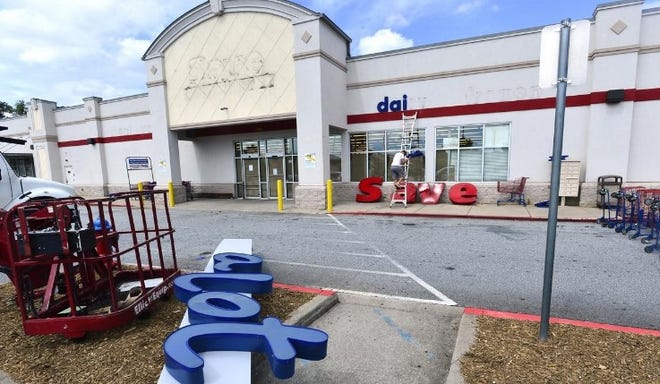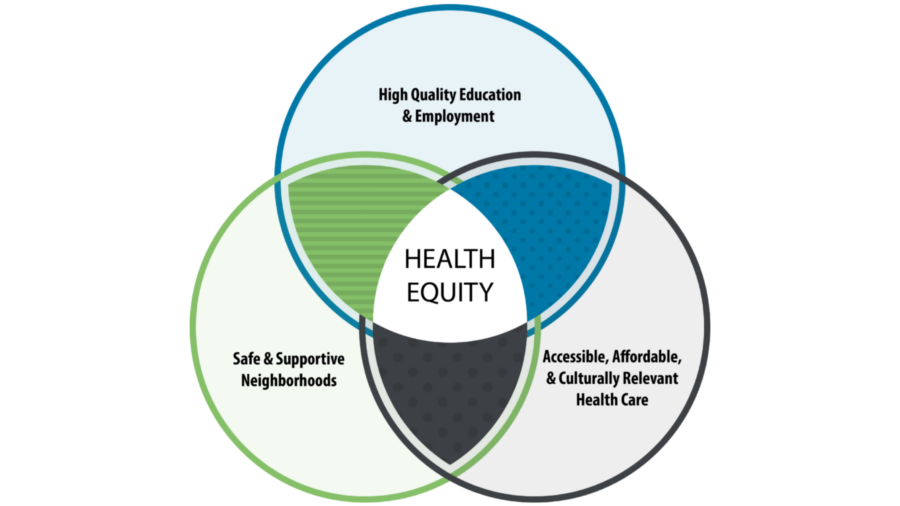Health Equity in Action: A Local Impact Investment
This post comes from an opinion article written by Mary Black Foundation President & CEO Molly Talbot-Metz posted in the Spartanburg Herald Journal on August 22, 2021. To see the article, click here.
Increasing the Wellbeing of Our Community
“The Mary Black Foundation seeks to increase the wellbeing of children, families, and communities, especially those disproportionately experiencing inequitable negative outcomes.” This is the opening statement of our Health Equity Framework, which we adopted in February of 2020. The Framework provides a vision for what we believe is necessary to support community wellbeing for all throughout Spartanburg County: 1) High Quality Education & Employment, 2) Safe and Supportive Neighborhoods, and 3) Accessible, Affordable, & Culturally Relevant Health Care.
Unfortunately, we know this vision is not a reality for some areas of our community. The City of Spartanburg’s Southside, for example, is an area that has not always had the access to opportunities necessary for community and individual wellbeing. Urban renewal and road improvement projects in the 1960s and 1970s removed homes and successful businesses in the community. Despite great efforts like the Hope VI revitalization and other investments, the impact of those early decisions can still be seen in some areas of the community today.
New Grocery Store in Spartanburg

Photo taken by Alex Hicks Jr., Spartanburg Herald Journal
It is with this in mind, that we are excited to be part of a community-led effort to establish a full-service grocery store located on South Church Street. At the City Council meeting on August 23rd, it was announced that the new grocery store will be a Piggly Wiggly. This new grocery store will replace the Save-A-Lot that closed at the end of 2019, leaving many area residents without ready access to groceries. In addition to providing access to healthy food, the investment will provide employment opportunities for local residents.
The new grocery store will create access for people who currently live in areas that have “low supermarket availability” according to the Food Access Research Atlas, a tool created by the U.S. Department of Agriculture. These neighborhoods have a high percentage of people without cars and are located more than half a mile from the nearest grocery store. The Foundation’s Health Equity Framework notes that “individuals’ ability to access opportunities is shaped by social and community context.” The addition of a full-service grocery store will greatly improve the community context and reduce the inequity that currently exists.
Impact Investing
The Mary Black Foundation is most often thought of as a grantmaker – we provide over $2.5 million annually to nonprofit organizations working to improve the health and wellness of Spartanburg County. But, grantmaking is only one tool available to us. As stewards of the assets entrusted to us in 1996, when the Mary Black Memorial Hospital was sold to Quorum Health Group, Inc., we invest our endowment for a financial return that can fuel our grantmaking. Sometimes, however, an investment can have both a financial and a social return. This is referred to as “impact investing.”
It is through our impact investing that we are able to provide $900,000 in loans that are making the new grocery store a reality. Unlike grantmaking, these investments will be repaid as the grocery store becomes financially successful, allowing for the funds to be recycled back into the community in a way that cannot be done with traditional grants.
Ideas for Impact Investments
The Mary Black Foundation’s Board of Trustees has taken the bold step of allocating 7% of its assets for local impact investing, in addition to the 5% it already allocates to traditional grantmaking and charitable activities. The Foundation is continually looking for local impact investment opportunities that will generate positive social and financial returns. If you have an impact investment idea that you feel is aligned with the mission of the Foundation, please call our office at (864) 573-9500.

